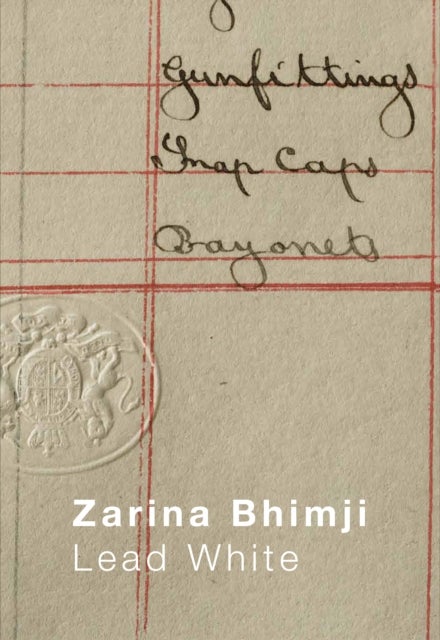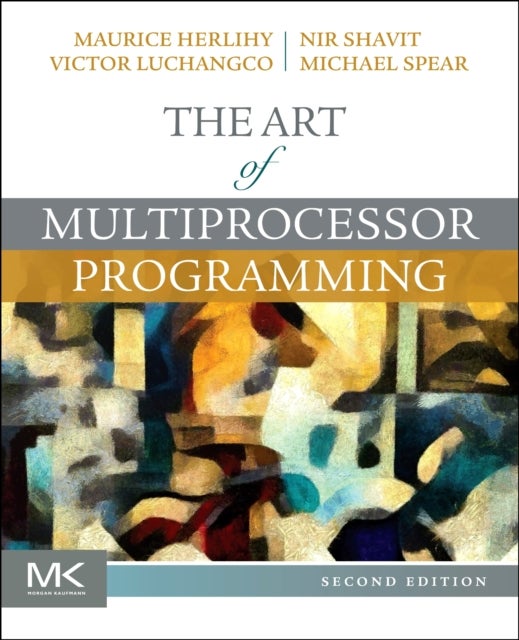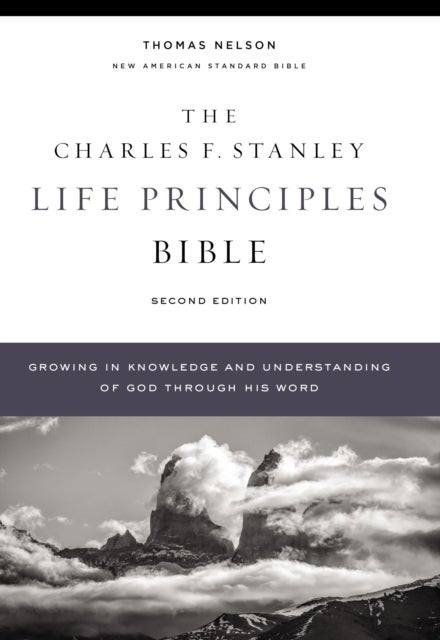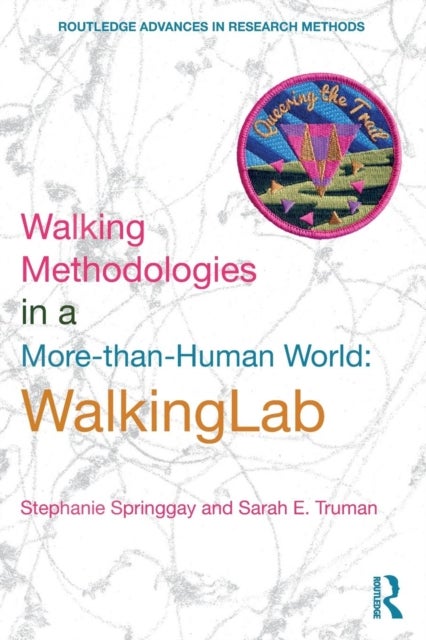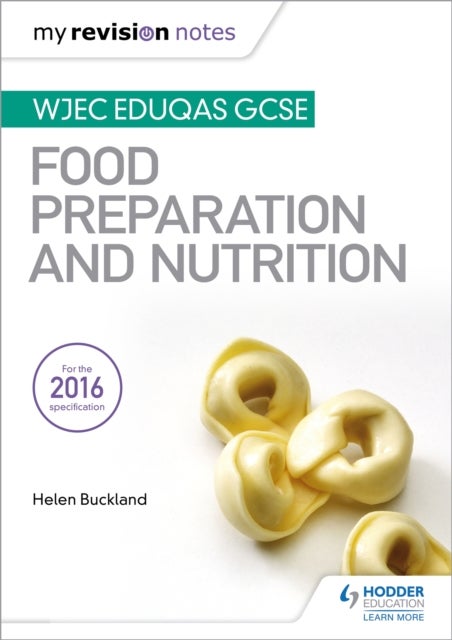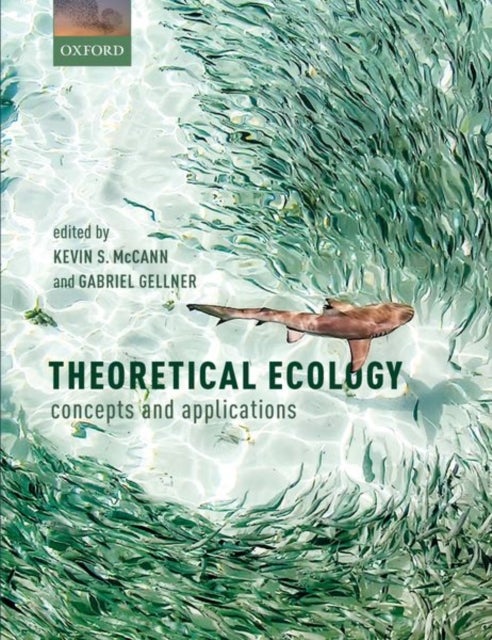
Theoretical Ecology
589,-
Theoretical Ecology: concepts and applications continues the authoritative and established sequence of theoretical ecology books initiated by Robert M. May which helped pave the way for ecology to become a more robust theoretical science, encouraging the modern biologist to better understand the mathematics behind their theories. This latest instalment builds on the legacy of its predecessors with a completely new set of contributions. Rather than placingemphasis on the historical ideas in theoretical ecology, the Editors have encouraged each contribution to: synthesize historical theoretical ideas within modern frameworks that have emerged in the last 10-20 years (e.g. bridging population interactions to whole food webs); describe novel theory that has emergedin the last 20 years from historical empirical areas (e.g. macro-ecology); and finally to cover the rapidly expanding area of theoretical ecological applications (e.g. disease theory and global change theory). The result is a for

